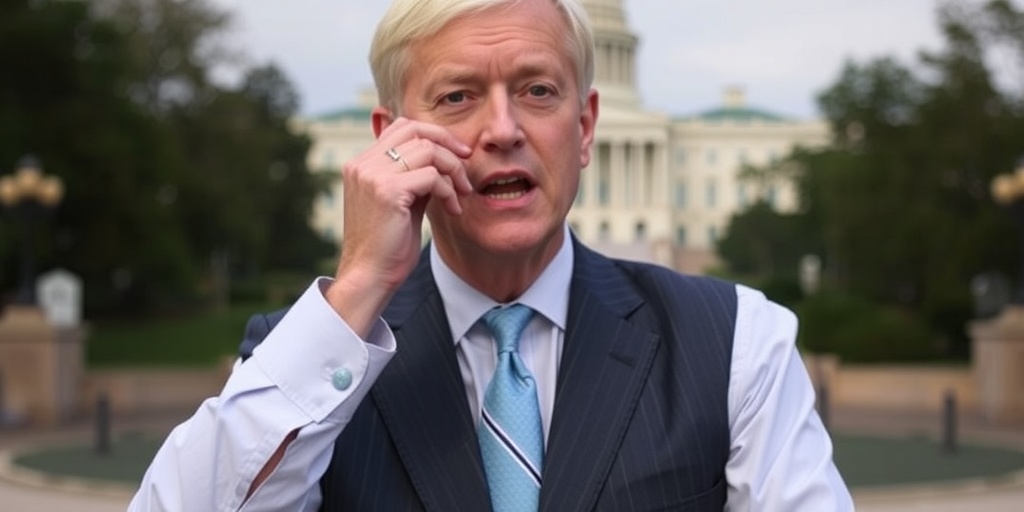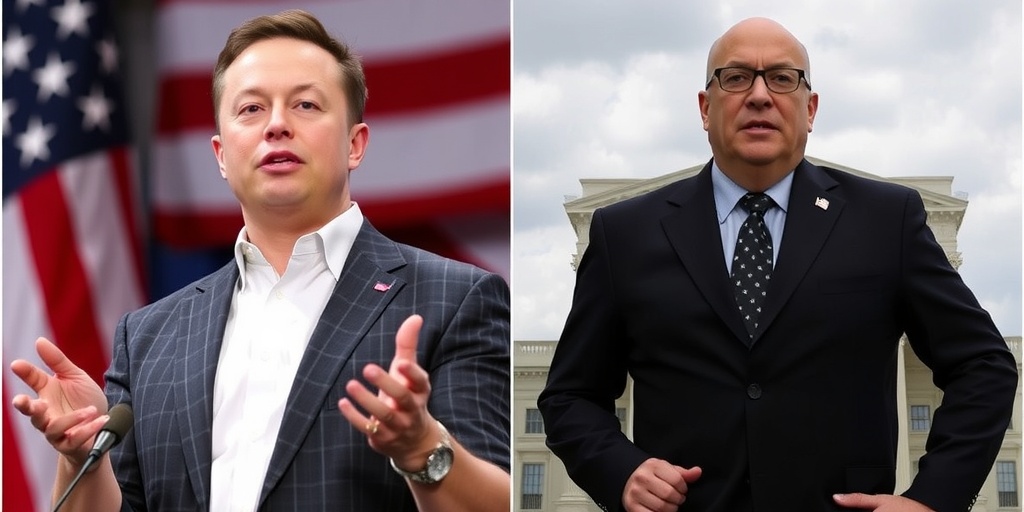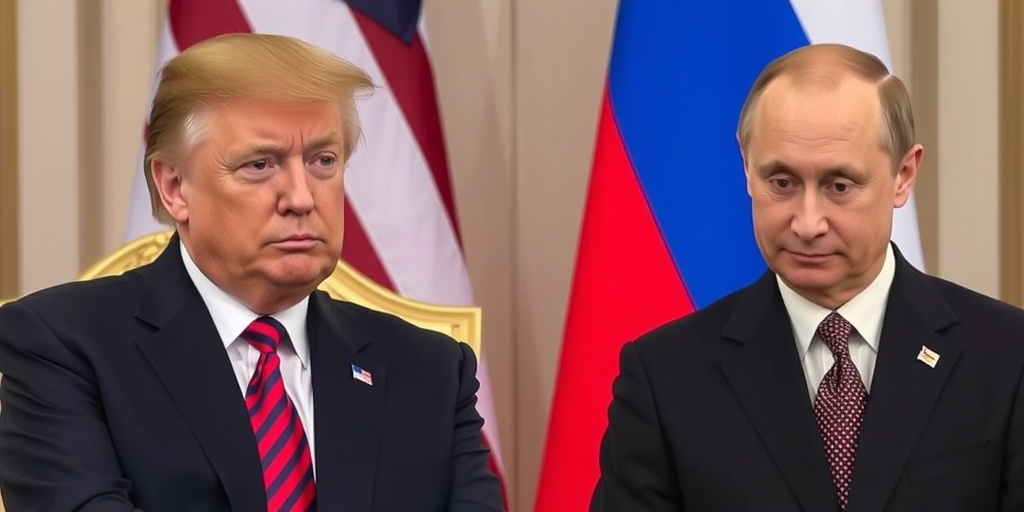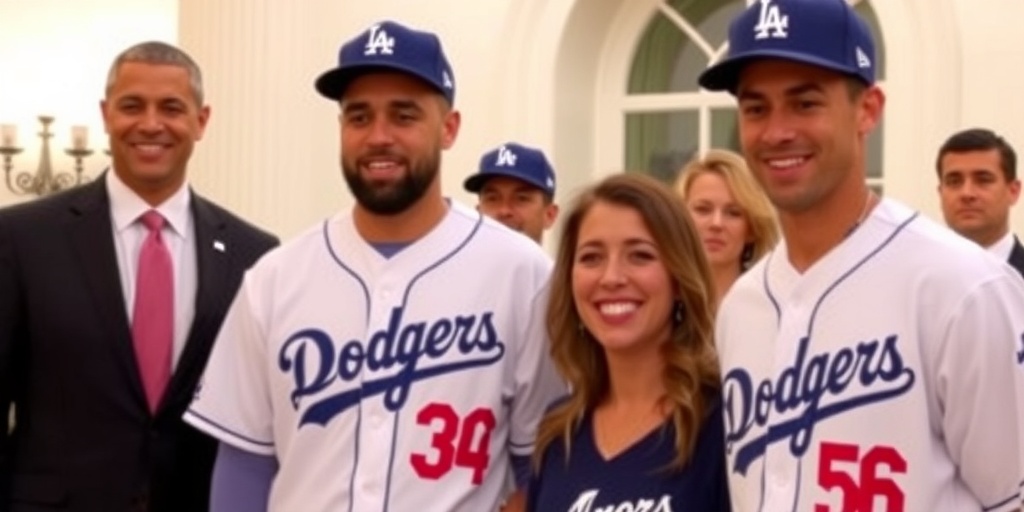Now Reading: Trump’s Second Term: Retribution Takes Many Forms
-
01
Trump’s Second Term: Retribution Takes Many Forms
Trump’s Second Term: Retribution Takes Many Forms
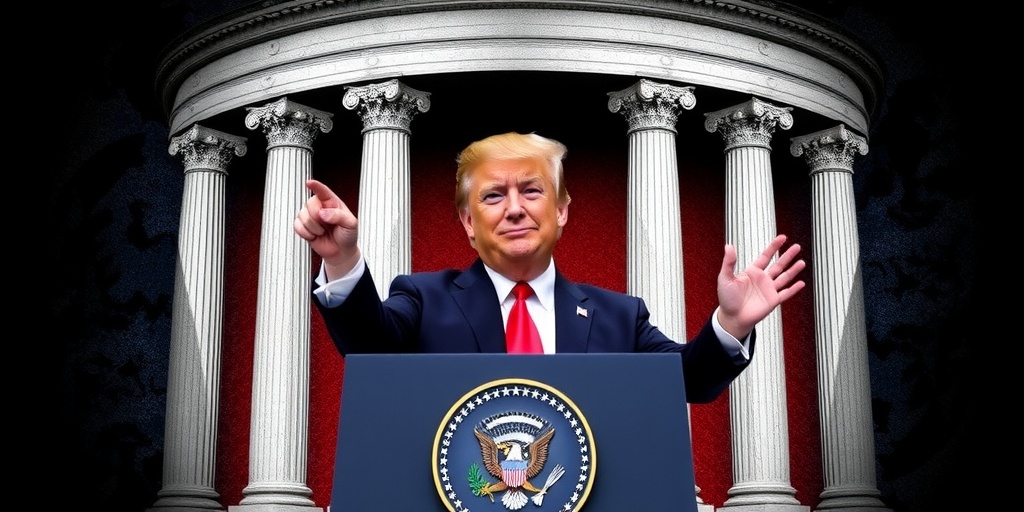
Trump’s Retribution Campaign: A New Era of Executive Power
In the aftermath of President Donald Trump’s re-election, concerns among his political rivals and some law enforcement officials have intensified regarding his stated intentions to utilize the Justice Department and F.B.I. to investigate and potentially imprison those he perceives as enemies. What has unfolded, however, is a retribution campaign more extensive, methodical, and inventive than many anticipated, with a marked shift away from conventional reliance on the judicial system.
Since resuming office, Trump has developed novel approaches to leveraging presidential authority to target individuals and organizations he believes have unfairly sought to impede his agenda or have actively pursued him legally. This multifaceted strategy includes methods such as lawsuits, executive orders, alterations to regulations, dismissals from government positions, revocation of security details, and various forms of public intimidation directed at a broad spectrum of political opponents and adversaries.
One notable aspect of Trump’s retribution campaign is his blurring of the lines between personal grievances and political objectives. His administration’s actions, particularly against academic and cultural institutions, raise questions about the distinction between vengeance and legislative goals. Critics argue that the implications of his tactics extend beyond individual punishment, echoing a chilling message to those in influential positions, compelling them to self-censor or align with his directives out of fear of repercussions.
Trump’s strategy often leans towards the unilateral exercise of power, bypassing traditional channels of judicial recourse. He has repeatedly resorted to threatening criminal investigations to maintain pressure on political adversaries, including former President Joe Biden, whom he suggested should "go to jail." His appointment of certain individuals to key roles within the U.S. Attorney’s office has resulted in intensified scrutiny of Democrats and measures to fortify a purge of those involved in investigating the Capitol riots of January 6, 2021.
Despite the omnipresent threat of criminal action, many targets have opted to submit without engaging in legal battles, as seen recently with major law firms. They have capitulated in response to punitive executive orders that could significantly hinder their operational capacity, thereby choosing compliance over confrontation.
Trump himself has remarked on this wave of acquiescence, stating that the leaders of these law firms are expressing eagerness to comply with his demands. This trend signals a shift from resistance, which characterized his first term, to a more cautious approach from those previously willing to stand up to his administration.
Operating as what legal experts describe as a "push-button presidency," Trump has adopted a style that combines political influence, mastery of public perception, and financial control. His campaign has resulted in significant shifts within various sectors, including corporate America and academia, where companies have begun to dismantle diversity and inclusion initiatives to avoid drawing his ire. This strategy seems to yield results, as corporations, in a bid to placate Trump, have altered longstanding policies viewed as liberal or un-American.
Additionally, the federal government’s regulatory apparatus has come into play against companies that have fallen under Trump’s criticism, signaling a more aggressive stance towards scrutinizing their practices, particularly in areas relating to diversity hiring. Academic institutions, often seen by Trump as bastions of opposition, now face threats of losing substantial federal funding if they do not adhere to his mandates.
The most striking instance of compliance was demonstrated by Columbia University, which, in response to Trump’s demands, agreed to revamp its policies and practices concerning protests and critical studies departments. This marked a significant deviation from the robust opposition that characterized Trump’s initial tenure, reflecting a broader atmosphere of fear and increased self-censorship among potential adversaries.
While some law firms and institutions have made conspicuous concessions, there have been instances of pushback, notably through recent judicial decisions that have constrained Trump’s overreach. Judges have ruled in favor of firms resisting his executive orders, signaling that defiance is not entirely quashed.
Nevertheless, Trump’s proclivity for exerting punitive measures against those who oppose him continues to serve as a warning, dampening the willingness of institutions to confront his administration directly. This dynamic contributes to a lingering sense of unease regarding the rule of law and the capacity for individuals and organizations to uphold legal principles in the face of executive threats.
As Trump solidifies his second term, his willingness to impose punitive measures against opponents—be they politicians, corporations, or cultural organizations—sets a precarious precedent. This ongoing campaign of retribution highlights transformational shifts in how presidential power can be wielded, raising fundamental questions about institutional checks and balances in the current political landscape.
Stay Informed With the Latest & Most Important News
Previous Post
Next Post
-
 01New technology breakthrough has everyone talking right now
01New technology breakthrough has everyone talking right now -
 02Unbelievable life hack everyone needs to try today
02Unbelievable life hack everyone needs to try today -
 03Fascinating discovery found buried deep beneath the ocean
03Fascinating discovery found buried deep beneath the ocean -
 04Man invents genius device that solves everyday problems
04Man invents genius device that solves everyday problems -
 05Shocking discovery that changes what we know forever
05Shocking discovery that changes what we know forever -
 06Internet goes wild over celebrity’s unexpected fashion choice
06Internet goes wild over celebrity’s unexpected fashion choice -
 07Rare animal sighting stuns scientists and wildlife lovers
07Rare animal sighting stuns scientists and wildlife lovers













